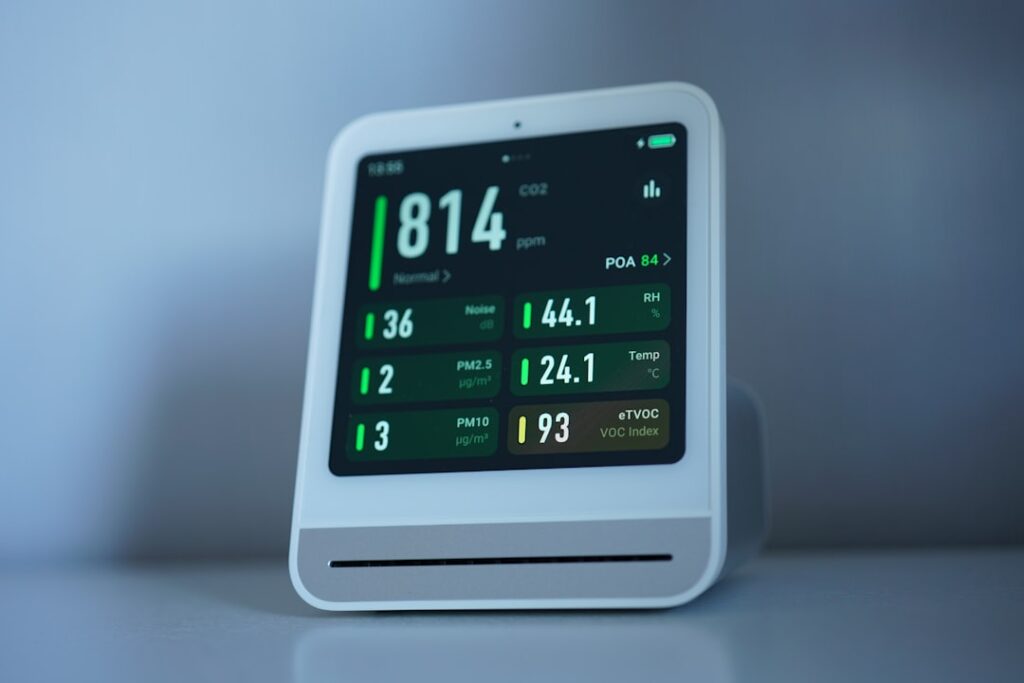AI Health Tech Applications: Transforming Healthcare Delivery
In recent years, the integration of AI in health technology has revolutionized the way healthcare is delivered, enhancing patient outcomes and improving operational efficiencies. AI health tech applications have emerged as powerful tools that assist in diagnosis, treatment, and administrative tasks within healthcare settings. This article delves into various AI applications in health tech, showcasing their impacts and potential for future innovations.
Revolutionizing Diagnosis with AI
One of the most significant AI health tech applications is in the realm of diagnosis. Advanced machine learning algorithms are capable of analyzing vast amounts of medical data, aiding healthcare professionals in identifying diseases at early stages.
Image Recognition and Analysis
AI-powered image recognition tools can analyze medical images such as X-rays, MRIs, and CT scans to detect anomalies more accurately than the human eye. These applications reduce the time taken for diagnosis and improve the precision of outcomes.
Predictive Analytics for Early Detection
AI algorithms can assess patient data, including genetic information and lifestyle factors, to predict the likelihood of developing certain conditions such as diabetes or cardiovascular diseases. This proactive approach facilitates early intervention and personalized treatment plans.
Enhancing Treatment and Patient Care
AI health tech applications extend beyond diagnosis to enhancing treatment protocols and patient management. These tools support healthcare providers in delivering personalized care, optimizing treatment plans, and improving patient engagement.
Personalized Medicine
By analyzing data from various sources, including electronic health records and genetic profiles, AI can help create tailored treatment plans that cater to individual patient needs. This personalization significantly enhances treatment efficacy and patient satisfaction.
Virtual Health Assistants
AI-powered virtual health assistants, such as chatbots, help patients manage their health by providing instant responses to health-related inquiries, scheduling appointments, and reminding them to take medications. These applications have been shown to enhance patient adherence to treatment regimens.
Streamlining Healthcare Operations
AI health tech applications also play a vital role in administrative tasks within healthcare organizations, significantly reducing costs and improving operational efficiency.
Automating Routine Tasks
AI can automate routine administrative tasks such as patient data entry, scheduling, and billing processes. This automation allows healthcare professionals to focus more on patient care rather than administrative burdens.
Resource Optimization
By analyzing patient flow and resource utilization, AI can help hospitals and clinics optimize their staff deployment and equipment use. This ensures that resources are utilized effectively, ultimately leading to improved patient care and reduced wait times.
Challenges and Future Perspectives
While AI health tech applications present numerous benefits, they also face challenges that need to be addressed. Key concerns include data privacy issues, the need for regulation, and the integration of AI systems into existing healthcare frameworks.
Ethical and Privacy Considerations
As AI systems handle sensitive patient information, ensuring data privacy is critical. Healthcare organizations must comply with regulations such as HIPAA to safeguard patient data while leveraging AI technologies.
Future of AI in Healthcare
The future of AI in health technology looks promising, with continuous advancements in machine learning and data analytics paving the way for new applications. It is anticipated that AI will increasingly support collaborative care models, enhance telemedicine practices, and improve mental health support through advanced algorithmic analysis.
In conclusion, AI health tech applications are set to transform healthcare delivery significantly. From improving diagnostic accuracy to enhancing patient care and streamlining operations, the potential benefits are vast. As the healthcare industry continues to embrace these technologies, the drive toward improved patient outcomes and more efficient healthcare systems remains a priority.
The Role of AI Health Tech Applications in Diagnostics
AI health tech applications are revolutionizing the field of diagnostics by enhancing accuracy and speed. Machine learning algorithms can analyze complex medical data much faster than traditional methods, leading to quicker diagnoses. For example, in radiology, AI tools are being used to help identify anomalies in imaging scans, such as X-rays and MRIs. These applications not only aid radiologists in their assessments but also help reduce human error, ultimately improving patient outcomes.
Predictive Analytics in Patient Care
Another significant impact of AI health tech applications is in predictive analytics. By leveraging vast amounts of patient data, AI systems can forecast health risks and identify patients who may need preventive care. This proactive approach allows healthcare providers to intervene early, potentially mitigating severe health issues before they escalate. For instance, AI algorithms can analyze trends in patient records to predict future complications related to chronic conditions, helping clinicians to tailor individualized treatment plans that enhance overall patient health.
AI Health Tech Applications in Drug Development
In the pharmaceutical industry, AI health tech applications are accelerating the drug discovery and development process. Traditionally, bringing a new drug to market can take years and requires extensive testing. However, AI technologies can analyze existing biological data to identify potential drug candidates much more efficiently. These applications can evaluate how different compounds interact with various biological targets, significantly reducing the time and cost associated with research and development.
<h3 Enhancing Personalized Medicine Through AI
Personalized medicine has gained significant traction with the rise of AI health tech applications. By analyzing genetic information, lifestyle factors, and patient history, AI can help clinicians design tailored treatment plans that are optimized for individual patients. This precise approach not only increases treatment efficacy but also minimizes adverse effects, thereby improving the overall patient experience. As AI continues to evolve, its integration into personalized medicine promises a future where healthcare is not just reactive but proactive and highly targeted.


